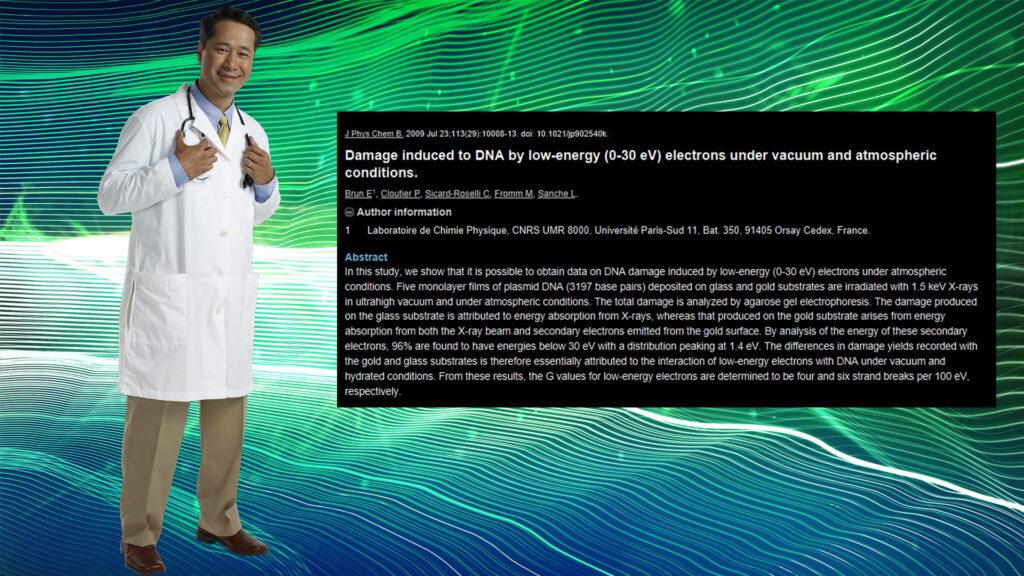The Vital Role of Medical Doctors:Raising Awareness of Long-Term EMF Exposure in Patients

In today’s digital age, our lives are intertwined with technology like never before. From smartphones to Wi-Fi routers, we are constantly surrounded by electromagnetic fields (EMFs) emitted by electronic devices. While these technologies have undoubtedly improved our quality of life, there is growing concern about the potential health effects of long-term EMF exposure.
Medical doctors play a crucial role not only in diagnosing and treating illnesses but also in advocating for the well-being of their patients. One area where their awareness can make a significant difference is in recognizing the impact of long-term EMF exposure on patients’ health.
Understanding Long-Term EMF Exposure:
Long-term exposure to EMFs has been linked to a range of health issues, including headaches, sleep disturbances, fatigue, and cognitive impairments. Furthermore, some studies have suggested potential links between EMF exposure and more serious conditions such as cancer and neurological disorders. While the scientific community continues to debate the exact mechanisms underlying these effects, there is a growing body of evidence pointing to the importance of minimizing EMF exposure, especially over extended periods.
The Importance of Medical Awareness:
Medical doctors are often the first point of contact for patients experiencing symptoms that may be related to EMF exposure. However, many healthcare professionals may not be fully aware of the potential health risks associated with long-term EMF exposure or may not routinely inquire about patients’ electronic device usage.
By increasing awareness of the potential health effects of EMF exposure among medical professionals, we can improve patient care and outcomes. Doctors who are knowledgeable about EMFs can better assess patients’ symptoms, identify potential triggers, and recommend appropriate interventions or lifestyle modifications to minimize exposure.
Empowering Patients:
In addition to raising awareness among medical professionals, it is essential to empower patients to advocate for their own health. Encouraging patients to discuss their electronic device usage and potential EMF exposure during medical appointments can help doctors better understand their patients’ health concerns and provide personalized recommendations.
Patients should also be informed about practical steps they can take to reduce their EMF exposure, such as:
- Limiting the use of electronic devices, especially close to bedtime.
- Keeping smartphones and other wireless devices away from the body whenever possible.
- Using wired connections instead of wireless whenever feasible.
- Creating EMF-free zones in the home, especially in sleeping areas.
- Considering the use of EMF shielding products for devices like cell phones and laptops.

Conclusion:
As our reliance on technology continues to grow, so too does the importance of raising awareness about the potential health effects of long-term EMF exposure. Medical doctors play a vital role in this effort by recognizing the symptoms of EMF-related health issues, educating patients about the importance of minimizing exposure, and recommending appropriate interventions. By working together, healthcare professionals and patients can promote better health outcomes and create a safer environment in an increasingly digital world.